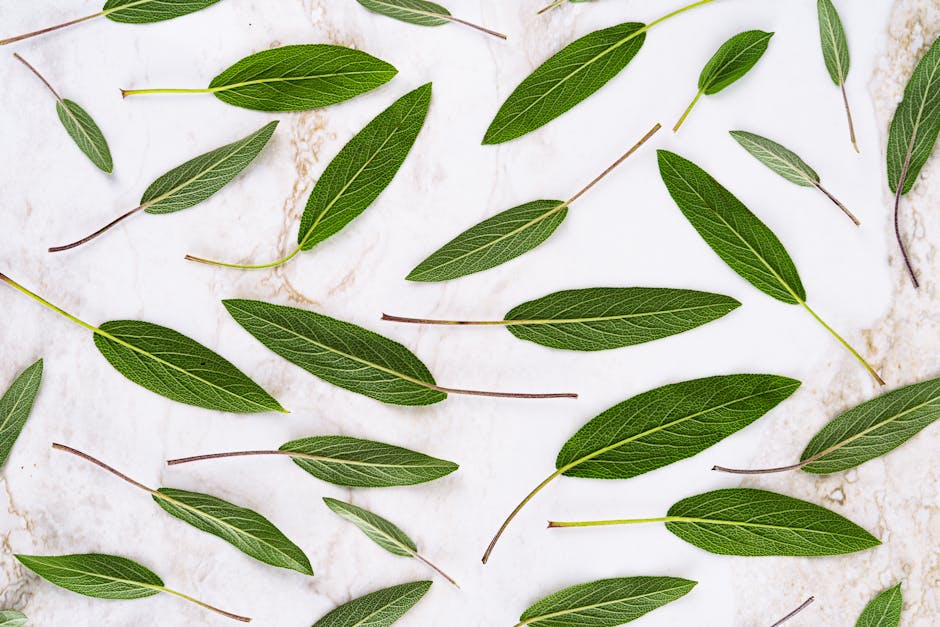Top 10 Herbs for Improving Gut Health Naturally
In today’s fast-paced world, maintaining optimal gut health is more important than ever. An unhealthy gut can lead to a myriad of issues, from digestive problems to mental health challenges. Fortunately, nature provides an array of herbs that can help restore and maintain gut health. In this comprehensive guide, we will explore the top 10 herbs known for their gut-friendly properties, backed by science and traditional wisdom.
The Importance of Gut Health
Your gut is home to trillions of bacteria, viruses, and fungi, collectively known as the gut microbiome. This ecosystem plays a crucial role in digestion, nutrient absorption, and immune function. According to a study published in Nature Reviews Gastroenterology & Hepatology, an imbalanced gut microbiome is linked to several diseases, including obesity, diabetes, and even depression.
Improving gut health naturally can enhance overall well-being. Let’s dive into the herbs that can help achieve this.
1. Ginger
Ginger is a powerful herb known for its anti-inflammatory and antioxidant properties. It has been used for centuries to aid digestion and reduce nausea. Ginger contains compounds called gingerols that enhance digestive enzyme activity, improving nutrient absorption.
Incorporate ginger into your diet by adding fresh slices to hot water for a soothing tea or using powdered ginger in smoothies and recipes.
2. Turmeric
Turmeric is renowned for its active compound, curcumin, which has potent anti-inflammatory effects. Research shows that curcumin can improve gut barrier function, reducing inflammation and preventing leaky gut syndrome.
Use turmeric in your cooking, or try a golden milk latte to enjoy its benefits. Remember to add a pinch of black pepper to enhance curcumin absorption.
3. Peppermint
Peppermint is widely recognized for its ability to soothe digestive issues. Its menthol content relaxes the muscles of the gastrointestinal tract, reducing symptoms of irritable bowel syndrome (IBS).
Drink peppermint tea after meals or use peppermint oil capsules for targeted relief.
4. Fennel
Fennel seeds are a traditional remedy for bloating and gas. They contain anethole, a compound that relaxes the digestive tract muscles and stimulates bile production.
Chewing fennel seeds after meals or brewing them into a tea can provide digestive comfort.
5. Chamomile
Chamomile is known for its calming effects, but it also supports gut health by reducing inflammation and spasms in the intestinal tract.
A cup of chamomile tea before bed can aid digestion and promote restful sleep.
6. Dandelion
Dandelion is a powerhouse herb for liver and digestive health. It acts as a mild laxative and diuretic, promoting regularity and detoxification.
Enjoy dandelion root tea or add fresh dandelion greens to salads for a gut-boosting meal.
7. Licorice Root
Licorice root is often used to soothe ulcers and inflammation in the digestive tract. It contains glycyrrhizin, which has healing and protective properties.
Licorice tea or supplements can be beneficial, but consult with a healthcare provider if you have high blood pressure, as it can cause sodium retention.
8. Slippery Elm
Slippery elm contains mucilage, a substance that coats and soothes the gut lining. It is particularly helpful for individuals with IBS or inflammatory bowel disease (IBD).
Create a soothing drink by mixing slippery elm powder with water or add it to smoothies.
9. Aloe Vera
Aloe vera is not just for skin care; its gel has soothing and anti-inflammatory effects on the digestive tract. It can help ease constipation and promote healing of the gut lining.
Incorporate aloe vera juice into your daily routine, but ensure it’s free from aloin, a compound that can cause digestive upset.
10. Marshmallow Root
Marshmallow root, like slippery elm, is rich in mucilage. It forms a protective layer on the gut lining, reducing irritation and inflammation.
Marshmallow root tea or supplements can be a gentle way to support gut health.
Actionable Tips for Incorporating Herbs into Your Routine
- Start with small amounts and gradually increase to assess tolerance.
- Opt for organic herbs whenever possible to avoid pesticide exposure.
- Consult with a healthcare provider before incorporating new herbs, especially if you have existing health conditions or are pregnant.
- Combine herbs with a balanced diet rich in fiber, fermented foods, and probiotics for optimal gut health.
Conclusion
Improving gut health naturally is a holistic journey that involves lifestyle changes, dietary adjustments, and the incorporation of beneficial herbs. The herbs discussed in this article provide a natural and effective way to support your digestive system, enhance nutrient absorption, and promote overall health. By understanding and utilizing these herbs, you can take proactive steps towards achieving a healthy gut and a healthier life.
Remember, it’s always best to consult with a healthcare professional before making significant changes to your diet or health regimen. Here’s to a happier, healthier gut!
Discover more from NatureZen Market
Subscribe to get the latest posts sent to your email.










